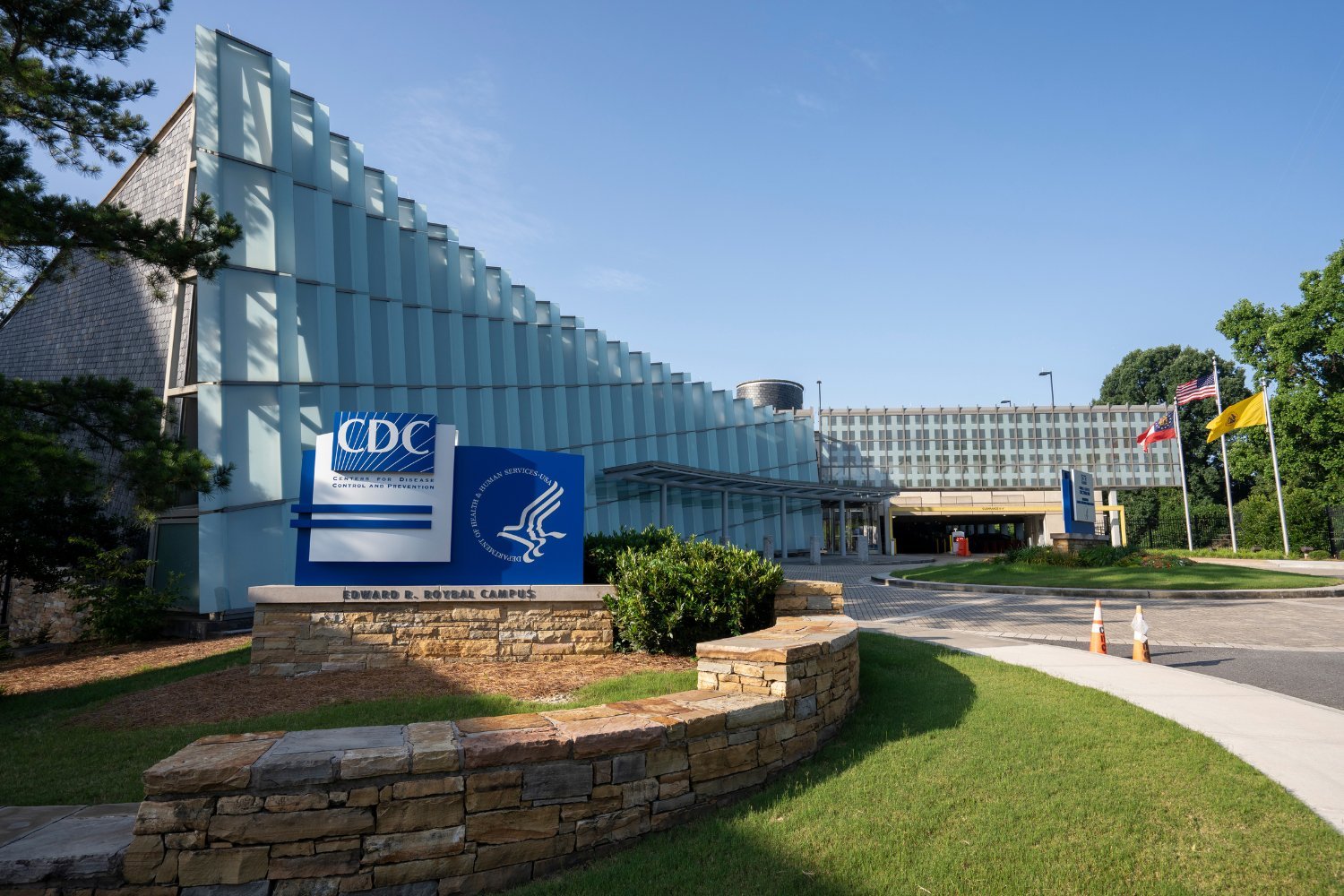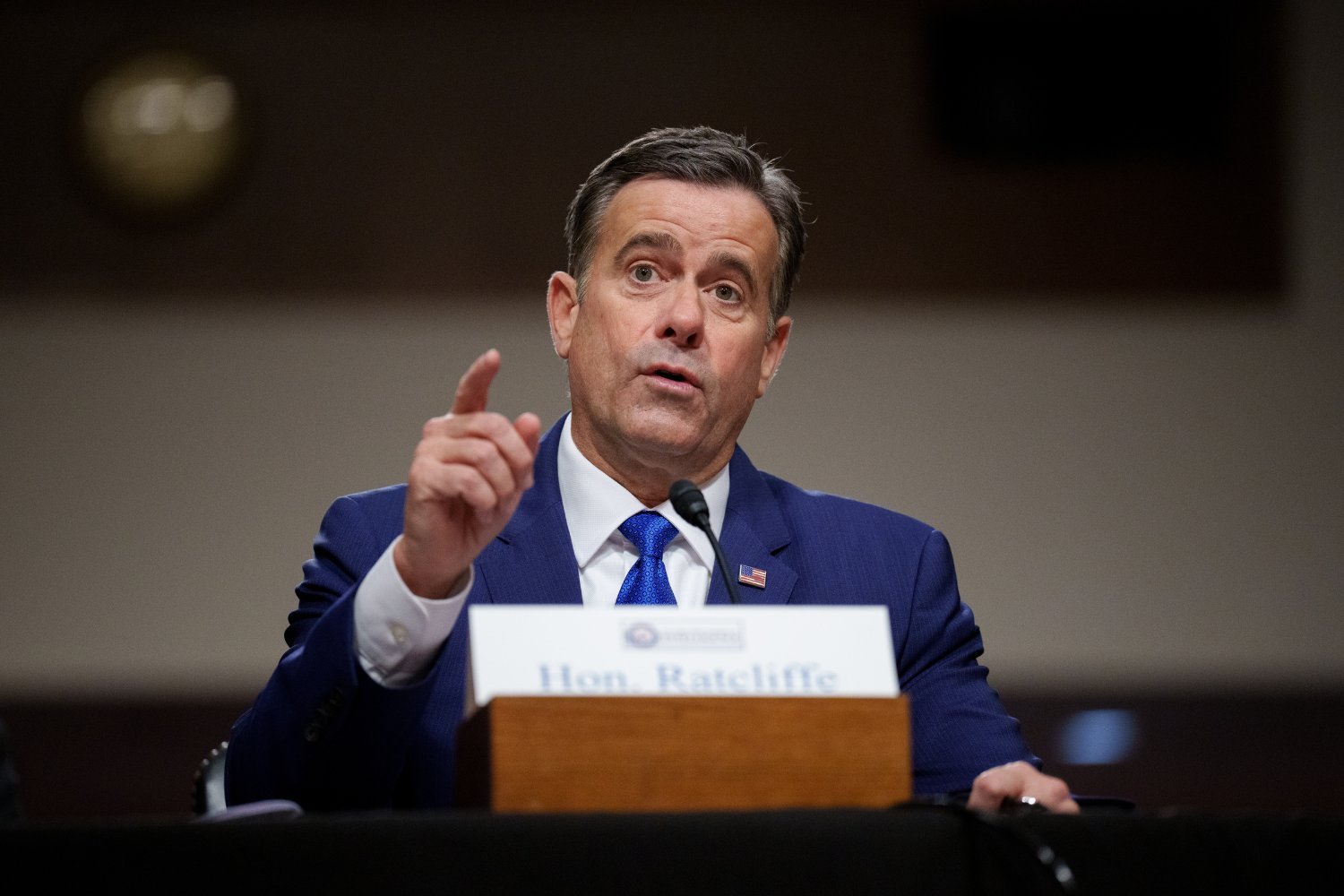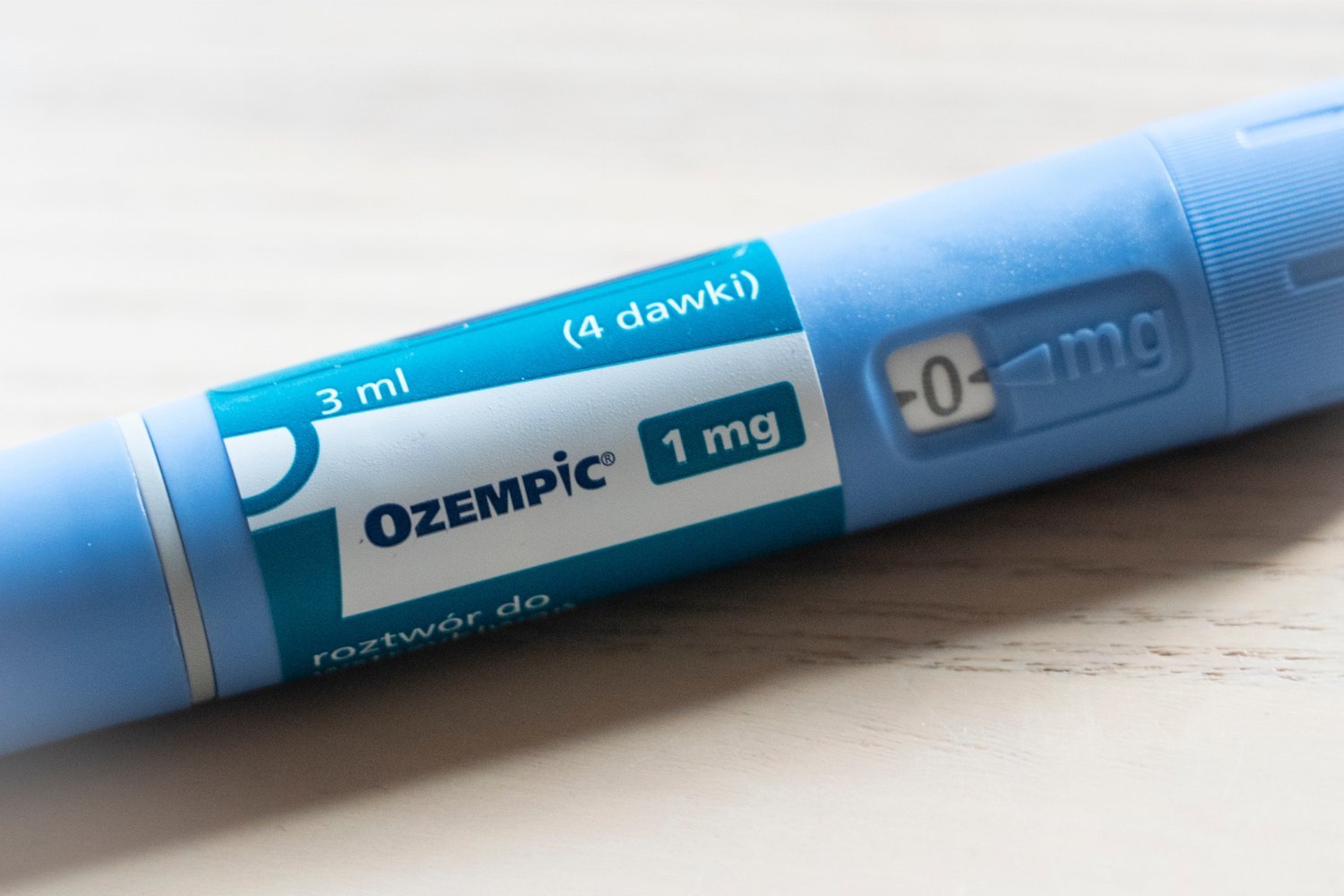The Trump administration has reportedly ordered a communications blackout across several key health agencies, including the Centers for Disease Control and Prevention (CDC), the Food and Drug Administration (FDA), and the National Institutes of Health (NIH). This directive, initially reported by The Washington Post, has raised concerns among public health experts about transparency and the potential impact on public health.
Stefanie Spear, the newly appointed deputy chief of staff at the Department of Health and Human Services (HHS), reportedly delivered the order. Spear previously served as the press secretary for Robert F. Kennedy Jr. during his 2024 presidential campaign. Kennedy has since been nominated by Trump to lead the HHS. The directive reportedly lacks specifics, including the duration of the communication pause, its rationale, and any potential exceptions. HHS has not yet responded to requests for comment.
Transition or Suppression? Experts Weigh In
While some suggest this communication pause may be standard procedure during administration transitions, allowing new leadership to acclimate, others express deeper concerns. Carmen Marsit, executive associate dean at Emory University’s Rollins School of Public Health, acknowledges that new administrations often pause communications for review. However, he emphasizes the unknown scope and potential public impact of this particular directive.
The CDC, FDA, and NIH regularly communicate vital information to the public and healthcare professionals. This includes updates on emerging outbreaks, new scientific discoveries, and drug approvals. The CDC’s Morbidity and Mortality Weekly Report (MMWR), often the first source of information on significant health trends, could also be affected. The Post reported that several planned MMWR reports, including three on the concerning H5N1 avian influenza strain, were slated for publication this week.
Public Health Threats Amidst Silence
The communication blackout comes amid active public health threats, including the H5N1 outbreak in the U.S. and the Marburg outbreak in Tanzania. Infectious disease physician Krutika Kuppalli, with expertise in global health and pandemic preparedness, warns that such a broad communication suspension is “unusual and potentially harmful.” She stresses that transparency and reliability are crucial for building public trust in institutions like the CDC. A lack of communication can breed skepticism and distrust, making it difficult to re-establish credibility later.
This isn’t the first time the Trump administration has restricted communication from federal agencies. Similar directives were issued during his first term, including a brief silencing of the United States Department of Agriculture. More concerningly, the Trump administration reportedly hampered health officials’ communication during the early stages of the COVID-19 pandemic and allegedly attempted to alter CDC reports to downplay the pandemic’s severity.
RFK Jr.’s Nomination Adds to Unease
RFK Jr.’s nomination to lead HHS further fuels concerns. He has a history of promoting misinformation about vaccines and other health topics. He has even pledged to halt government-funded infectious disease research. Trump’s recent executive order to withdraw the U.S. from the World Health Organization (WHO) adds another layer of complexity. Kuppalli, who has worked with the WHO, notes that this withdrawal, coupled with the communication freeze, could significantly damage the U.S.’s global health leadership.
A Troubling Precedent
If the communication blackout continues, it could signal further challenges for these agencies in communicating openly with the public. This could have serious consequences for public health. Kuppalli emphasizes that while administrations have the right to align agencies with their vision, public health must remain a nonpartisan priority. Maintaining consistent communication from agencies like the CDC, FDA, and NIH during transitions is not just wise but essential for safeguarding public health and well-being.











